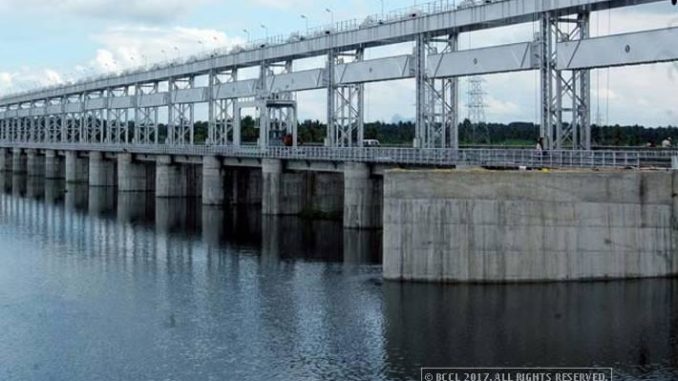
India is allowed to construct hydroelectric power facilities on tributaries of the Jhelum and Chenab rivers with certain restrictions under the 1960 Indus Waters Treaty (IWT), the World Bank has said.
The World Bank’s comments came as officials from India Pakistan concluded the secretary-level talks over the IWT.
Pakistan opposes the construction of the Kishanganga (330 megawatts) and Ratle (850 megawatts) hydroelectric power plants being built by India in Jammu and Kashmir, the global lender said in a fact sheet issued yesterday.
Noting that the two countries disagree over whether the technical design features of the two hydroelectric plants contravene the treaty, the World Bank said the IWT designates these two rivers as well as the Indus as the “Western Rivers” to which Pakistan has unrestricted use.
“Among other uses, India is permitted to construct hydroelectric power facilities on these rivers subject to constraints specified in annexures to the treaty,” the Bank said in its fact sheet.
It noted that the talks on the technical issues of the IWT took place this week “in a spirit of goodwill and cooperation”.
The parties have agreed to continue discussions and reconvene in September in Washington DC, it said in a separate statement.
Read more at: Defence Aviation post
